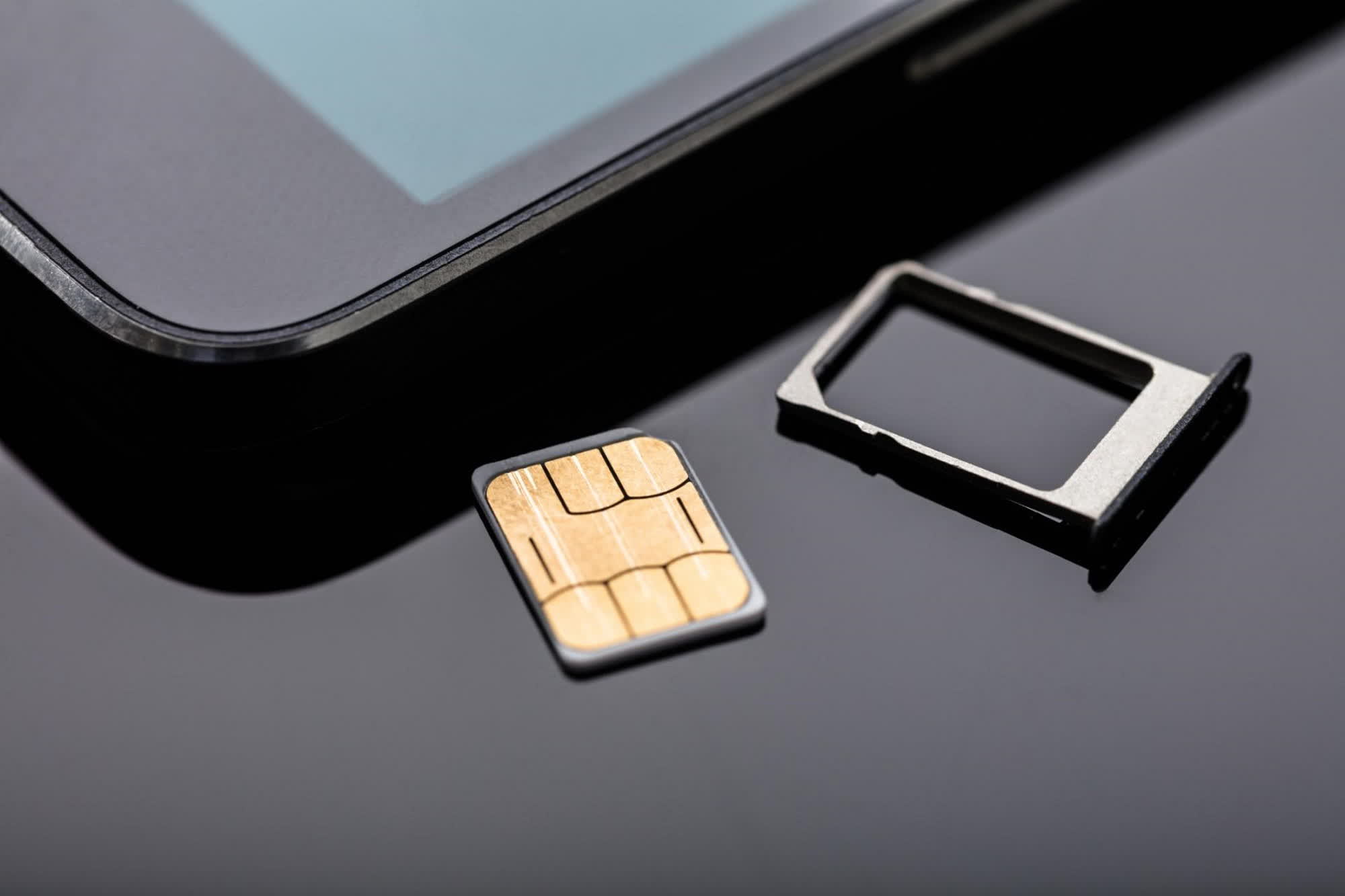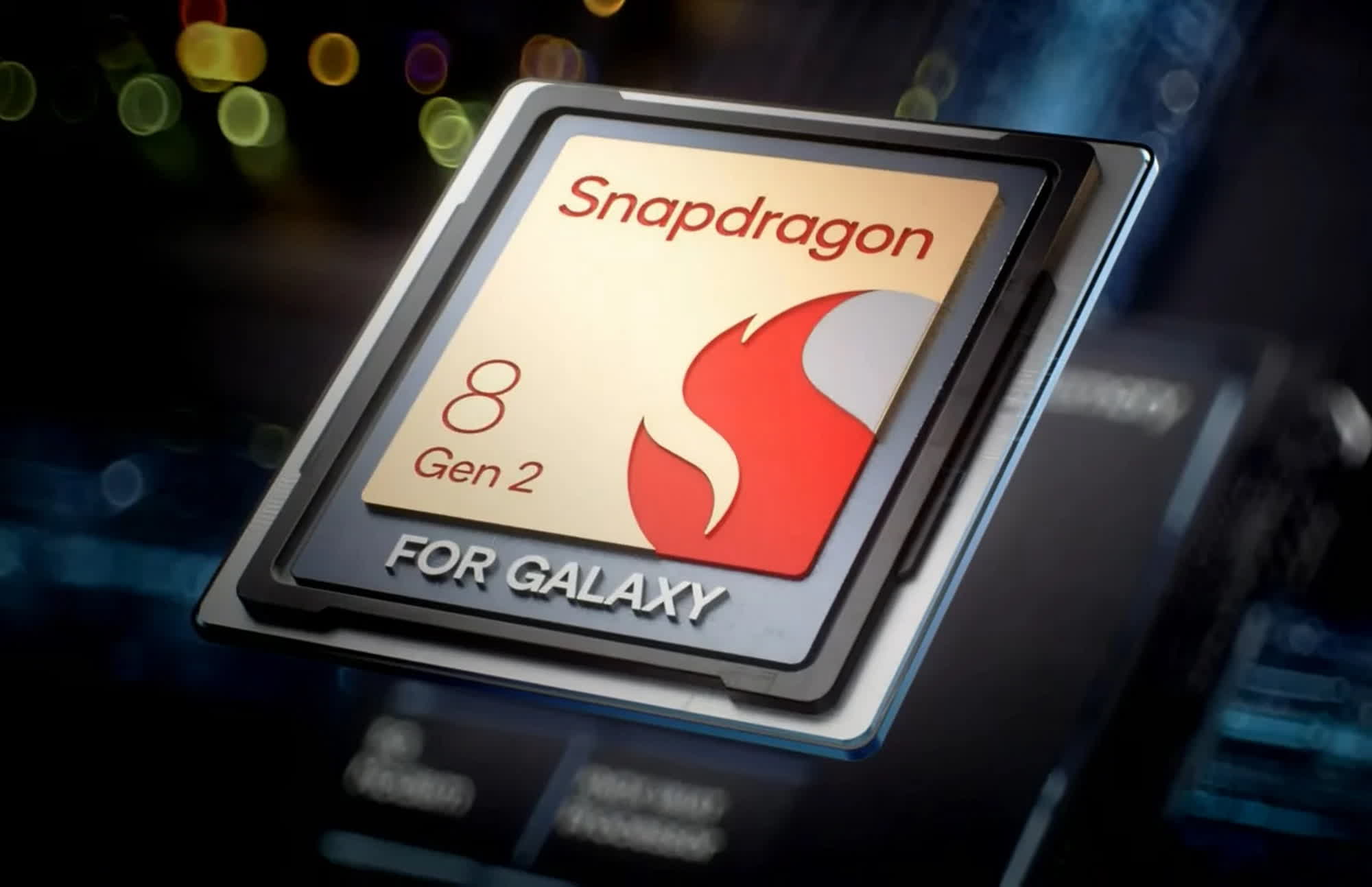What just happened? Qualcomm announced that its latest mobile platform is ready to integrate eSIM functionality directly into SoC silicon. The integrated SIM (or iSIM) form factor is highly attractive to device manufacturers, the company said, as a cost-cutting improvement for smartphones and other connected devices.

The classic SIM card-based standard is slowly being replaced by newer eSIM tech, but mobile manufacturers and SoC designers are already working to go beyond that. Qualcomm's recently announced Snapdragon 8 Gen 2 Mobile Platform is the first GSMA certified iSIM-compatible device and the world's first "commercially deployable" SoC device with iSIM functionality integrated directly into the chip.
The iSIM is yet another - and likely the last - step in the evolution of connectivity technology for mobile users and devices. The eSIM (embedded-SIM) was designed to replace the small plastic card (and the integrated circuit within) needed for user identification by mobile service providers with a chip soldered on the phone's motherboard.
With iSIM technology, the aforementioned chip is not needed as connectivity ID duties are handled directly by the SoC platform. Qualcomm highlights how the new iSIM tech provides device makers with "further opportunities to save space and reduce build and supply chain costs," while maintaining the same best-in-class security level.

The San Diego-based chip designer worked with French multinational company Thales Group to make its iSIM solution fully compliant with the GSMA Remote SIM Provisioning standard. Therefore, mobile carriers should be able to manage iSIM subscriptions the same way they are currently managing eSIM users.
The iSIM market is expected to grow to 300 million devices by 2027, Qualcomm said, with a 19 percent market share of all the eSIM device shipments by then. While the Snapdragon 8 Gen 2 SoC provides integrated support for iSIM, phone manufacturers are mostly still using discrete eSIM chips in their designs.
According to Guillaume Lafaix, vice president of embedded products at Thales Mobile, the world's first GSMA security certification for the company's 5G iSIM gives device makers and mobile carriers even greater freedom to offer users "effortless over-the-air connectivity."
The iSIM technology increases the opportunity to "proliferate cellular capability" on mobile and other connected devices, GSMA chief technology officer Alex Sinclair stated. Meanwhile, end-users and customers will have no control on connection portability anymore.
https://www.techspot.com/news/97826-qualcomm-snapdragon-8-gen-2-soc-features-isim.html